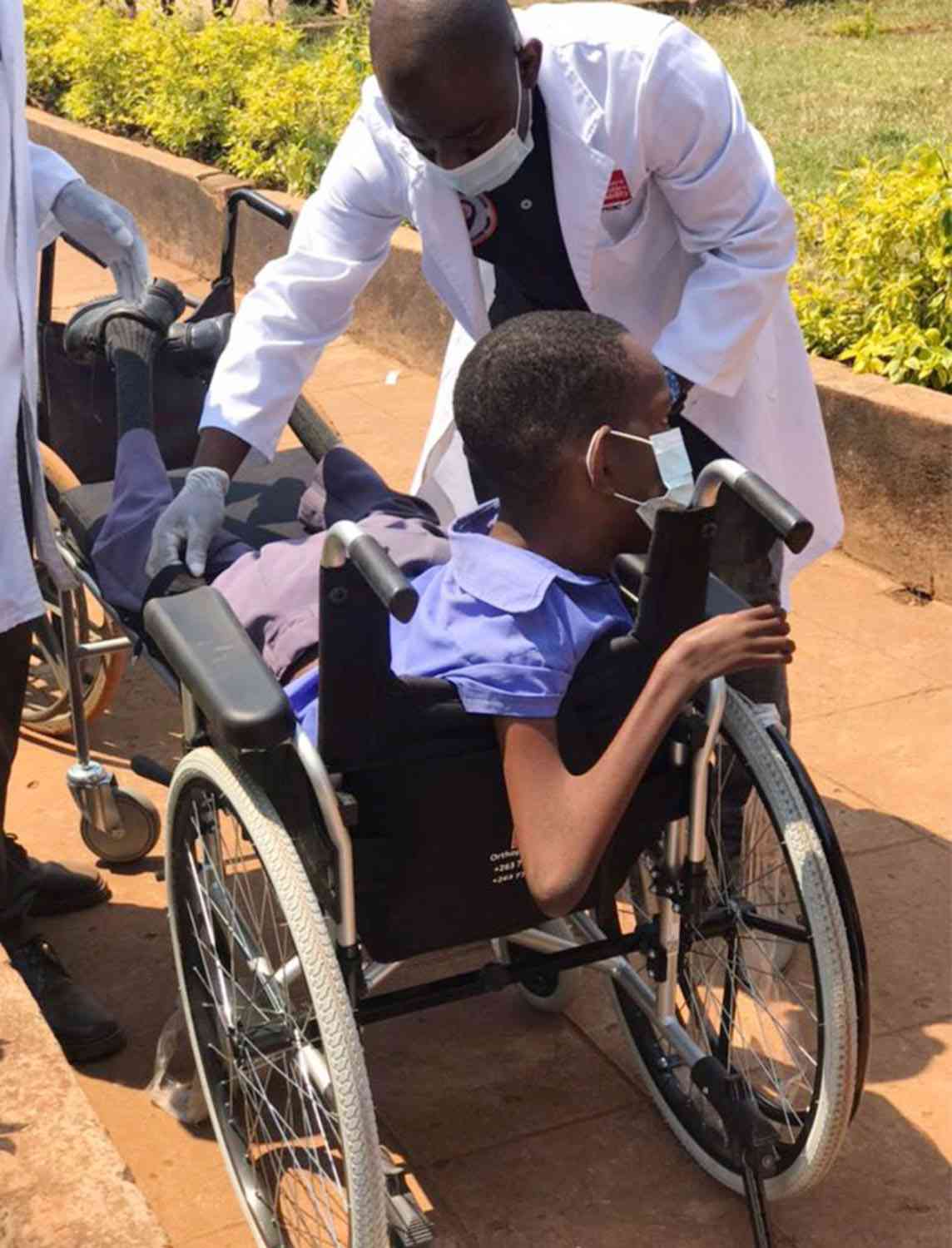
ZIMBABWE’S mining title management systems, long plagued by double allocations and disputes, are set to undergo significant modernisation, with 90% of the system expected to be computerised by December, according to Polite Kambamura, Mines and Mining Development deputy minister.
The completion of this automation programme will be a major milestone in Zimbabwe’s broader plan to transform its mining sector into a US$40 billion industry by 2030.
In 2018, the country set an ambitious target to turn the mining sector into a US$12 billion industry by 2023.
While authorities claim this goal has been achieved, many industry experts argue that the sector has not yet reached that benchmark, partly due to disputes arising from the manual title allocation process.
In an interview with businessdigest, Kambamura highlighted the challenges associated with the current manual system, particularly its susceptibility to errors and abuse, which have significantly impacted both artisanal miners and larger investors.
“The problem is that the title management system is still manual,” Kambamura said, when asked about problems confronting artisanal miners and some big investors.
“It is prone to abuse, and we cannot rule out the issue of error. So currently, we are computerising the title management system. We have done a pilot project in Manicaland Province. It is working out well. We are now broadcasting it to other provinces as we go forward.
“Come December, we might be in a better position or see 90% of the project being implemented.”
- NoViolet Bulawayo’s new novel is an instant Zimbabwean classic
- COP27: Zimbabwe’s opportunity to shine
- Jah Prayzah, Zanu PF rekindles ‘lost love’
- Female politicians complain over sexual harassment
Keep Reading
Artisanal miners, who have played a crucial role in Zimbabwe’s gold production for many years, have been particularly affected by the chaotic environment resulting from poor record management at the Mines and Mining Development ministry.
Experts believe that reducing disputes through system automation could accelerate growth in the mining sector.
Kambamura said the ministry was awaiting the passage of the Mining Bill, which is expected to address several issues affecting artisanal miners.
The bill is currently with the Attorney General’s Office and is expected to be gazetted before the end of the year.
“Another way we can see these issues being addressed is when the Mining Bill is gazetted. Currently, the bill is with the Attorney General’s Office, and it is waiting to be gazetted,” Kambamura said.
“That is where we are now. You should look forward to the bill in this last quarter of the year.”
The first version of the bill was rejected by President Emmerson Mnangagwa two years ago, who wanted authorities to make significant revisions. As Zimbabwe prepares for what is anticipated to be a favourable 2024/2025 rainfall season, Kambamura revealed that the government was conducting nationwide audits to ensure that all miners adhere to safety requirements. Since the launch of these audits, 60% of the work has been completed.
The audits come in response to a spate of mining accidents, particularly in the small-scale sector, where non-compliance with safety regulations has been a persistent issue.
Mining accidents in Zimbabwe claimed 237 lives last year, with most fatalities occurring in unregistered artisanal mines.
“On the issue of mining accidents, as you may know, His Excellency, President Mnangagwa launched a responsible mining audit where we have teams from the Ministry of Environment, teams from Ministry of Mines, and teams from Ministry of Home Affairs going around to check on mining standards and compliance to other legislation in the mining sector,” Kambamura said.
“The issue of accidents is mainly caused by substandard mining, especially miners who are not registered. When people are registered then the ministry knows who is doing what and they can visit and offer expertise.”
He emphasised the importance of responsible mining practices, especially with the onset of the rainy season, to ensure the safety of mine operators.
“So, we are going around to check on compliance with regard to registration, with regard to the right mining standards that are being added to have people mining responsibly,” Kambamura said.
“A responsible miner knows that when you go underground you have to put support systems on the pit or wherever they are mining. A miner should know that you have to pump water out of the pits. We have had a number of cases where you have accidents where people drown in underground water,” he added.










